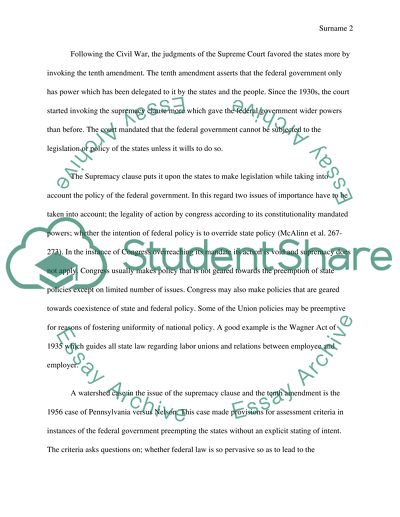Cite this document
(“American Law Essay Example | Topics and Well Written Essays - 1500 words”, n.d.)
Retrieved de https://studentshare.org/law/1391859-homework
Retrieved de https://studentshare.org/law/1391859-homework
(American Law Essay Example | Topics and Well Written Essays - 1500 Words)
https://studentshare.org/law/1391859-homework.
https://studentshare.org/law/1391859-homework.
“American Law Essay Example | Topics and Well Written Essays - 1500 Words”, n.d. https://studentshare.org/law/1391859-homework.


